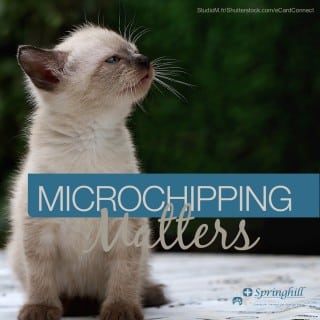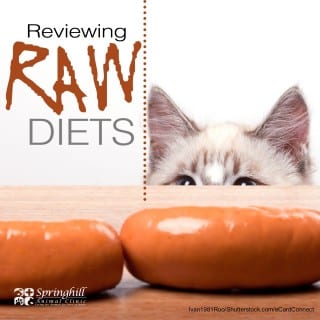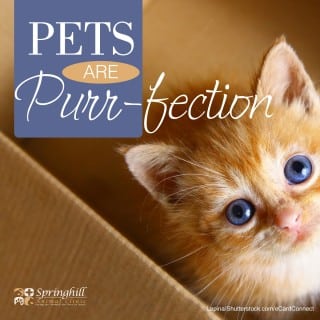Leptospirosis, transmitted both directly between animals and indirectly through their environment (commonly through exposure to infected urine), is a zoonotic disease that can afflict cattle, humans and other animals. It enters cattle and the other species it infects through the membranes of the eyes, mouth, nose and even the skin. The organisms that cause lepto infection can survive in the environment for weeks to months as long as the conditions are favorable. Lepto prefers moist, warm temperatures and is usually killed when weather is dry, freezing or the temperatures are extremely high. Due to its durability and number of carriers, including cattle, sheep, pigs and wildlife, lepto is difficult–if not impossible–to avoid or wipe out completely.
Lepto is more serious when it occurs in calves, resulting in jaundice, fever, anemia and sometimes death within three to five days. Older cattle are less susceptible, often experience milder symptoms and rarely die from this disease. However, cows may produce less milk and the milk they produce may be thick and yellow.
The real impact of lepto is in reproducing cows who may experience infertility, abortion, stillbirth and the birth of weak calves. Abortions caused by infection are commonly late term and occur in groups or so-called “abortion storms.” Lepto infections can also cause persistent reproductive tract infections which are economically damaging to any operation.
Animals infected with lepto should be segregated from the rest of the herd to avoid transmission. Steps such as rat control, keeping cattle separated from pigs, sheep and wildlife and fencing off potentially contaminated ponds and streams will help to reduce the possibility of a lepto outbreak in your herd.
While lepto infections may be treated with antibiotics, the best approach to combating lepto is regular herd vaccination. Several options are available, and the best choice for your herd is dependent on a variety of factors, including exposure risk and whether your herd is closed or open. Contact us to determine which protocol is right for your herd.



